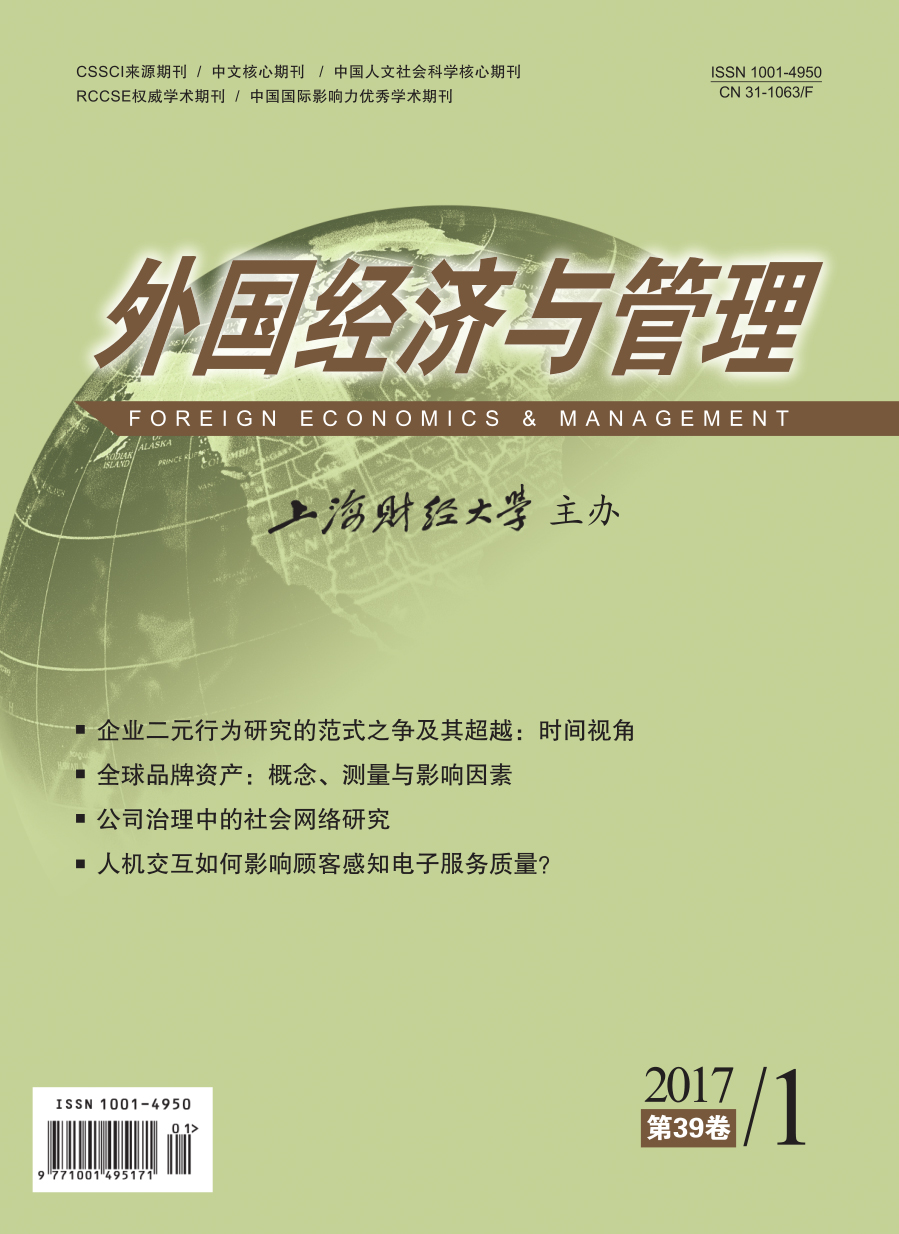In recent years, corporate hypocrisy in the CSR performance process has been received more and more attention from the society. However, we still know little about the questions such as whether corporate hypocrisy can be transmitted to employees through social cognition or learning, thus leading to an internal chain phenomenon of unethical behavior. Based on social cognitive theory, this paper explores the impact of corporate hypocrisy on unethical pro-organizational behavior of employees, especially the mediating role of moral disengagement and the moderating role of moral identity in this mediation route. Using the 272 employee-colleague paired samples, it finds that moral disengagement plays a fully mediated role in the positive effect of corporate hypocrisy on unethical pro-organizational behavior of employees. Moreover, moral identity significantly moderates this indirect effect of corporate hypocrisy on unethical pro-organizational behavior of employees through moral disengagement, showing that this indirect effect is relatively stronger for employees with low moral identity and relatively weaker for employees with high moral identity.
 / Journals / Foreign Economics & Management
/ Journals / Foreign Economics & ManagementForeign Economics & Management
JIN Yuying, Editor-in-Chief
ZhengChunrong, Vice Executive Editor-in-Chief
YinHuifang HeXiaogang LiuJianguo, Vice Editor-in-Chief
Corporate Hypocrisy, Moral Disengagement and Unethical Pro-organizational Behavior: Moderated Mediating Effect
Foreign Economics & Management Vol. 39, Issue 01, pp. 15 - 28 (2017) DOI:10.16538/j.cnki.fem.2017.01.002
Abstract
References
Abstract
Cite this article
Zhao Hongdan, Zhou Jun. Corporate Hypocrisy, Moral Disengagement and Unethical Pro-organizational Behavior: Moderated Mediating Effect[J]. Foreign Economics & Management, 2017, 39(1): 15–28.
Export Citations as:
For
ISSUE COVER
RELATED ARTICLES





 9541
9541  12514
12514

